Garma Festival: Anthony Albanese’s renewables solution to closing the gap
Anthony Albanese has put his climate and industry policies at the heart of the revamped Indigenous affairs agenda Labor will take to the next election.
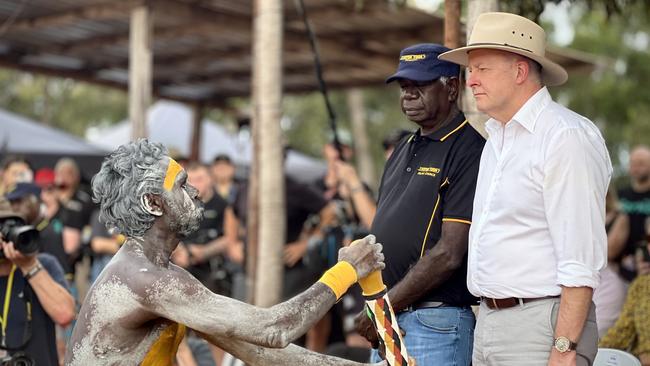
Anthony Albanese has put his climate and industry policies at the heart of a revamped Indigenous affairs agenda that Labor will take to the next election, declaring the net-zero transformation is the nation’s best opportunity to deliver jobs and tackle disadvantage in remote communities.
The Prime Minister will say the contentious Future Made in Australia framework and the renewables rollout will be used to lift living standards for Indigenous Australians, at his first appearance at the Garma festival since the failure of the voice referendum last October.
Declaring it is time to go beyond “consulting communities in the service of cultural or heritage considerations”, Mr Albanese will commit to providing Indigenous people with “a real say in the economic development of the land you call home”.
“And you deserve your fair share of the benefits that flow from it,” Mr Albanese will say in a speech on Saturday, according to a copy provided to The Weekend Australian.
The Prime Minister will declare that his government is aiming to be the first in Australia to create a comprehensive economic policy for Indigenous people, although his speech will largely focus on principles rather than detailed policy.
“We know this has not been tried before on a national scale. We understand this is a new approach,” he will say. “This is about driving higher rates of First Nations home ownership. And lifting investment in Indigenous businesses and employers, all over the nation. Rewarding and incentivising wealth creation.”
While Mr Albanese’s speech in Arnhem Land will herald a government shift towards pursuing economic outcomes to close the gap between Indigenous people and other Australians, his approach risks bipartisanship as it is linked with the government’s green agenda, which is largely opposed by Peter Dutton.
While Labor has ruled out pursuing a legislated voice to parliament and is in no rush to establish a federal body to oversee treaty and truth telling, Mr Albanese is increasing the co-operation and input Indigenous Australians will have on economic development through establishing the First Nations Economic Partnership with the representative body Coalition of Peaks. He will also talk up plans to create a point of contact between companies receiving Future Made in Australia subsidies and leaders of Indigenous communities.
The Prime Minister will say the best opportunity for building “true and lasting self-determination” for Indigenous Australians is to improve their economic security, which would shield Aboriginal and Torres Strait Islander communities from the “mercy of political uncertainty” and being at the whim of government decisions. “And, right now, changes in the global economy are opening up these possibilities,” Mr Albanese will say.
“Growing global demand for renewable energy, critical minerals and rare earths represents an unprecedented opportunity for our nation and for northern Australia. This is the biggest change in the global economy since the industrial revolution.
“And it also represents the best chance Australia has ever had to bring genuine self-determination and lasting economic empowerment to remote communities.
“New clean-energy projects, new defence and security projects, new processing and refining facilities can all unlock new jobs and prosperity for Indigenous communities.”
Mr Albanese will say it is crucial that the government and industry form partnerships with Indigenous communities on net-zero and national-resilience projects, vowing to make it a key part of the Future Made in Australia agenda.
“By partnering with locals from the beginning, we can avoid the exploitation and injustices of the past,” he will say. “And we can tackle the poverty and lack of opportunity that has seen disadvantage entrenched in these parts of our country over generations.
The principle that Aboriginal and Torres Strait Islander people deserve a real say in the economic development of the land you call home was the reason for including a community benefit provision in the Future Made in Australia Act, Mr Albanese will say.
This would ensure government investment would “drive engagement between businesses and communities, maximising local jobs and long-term benefit”.
Mr Albanese will also talk up the potential for Indigenous communities to benefit from large-scale renewable projects, through the First Nations Clean Energy Strategy being developed with states and territories.
“We want projects generating renewable energy on country, to bring new economic power to communities,” he will say.
He will commit to increasing the investment, borrowing and lending power of Indigenous Business Australia, which provides loans and equity to Indigenous Australians looking to buy a home or start a business.
Peter Dutton on Friday declared he would not be attending the annual Garma festival, the nation’s largest Indigenous gathering, which goes over four days.
The Opposition Leader said he wanted the government to focus on practical outcomes.
“Under a government I lead, there will be no Makarrata and there will be no revisiting of truth telling,” Mr Dutton said. The $450m that the government wasted on the voice was an outrage. If the government was to implement some of those practical measures, we could see better housing, we could see more jobs, we could see better education and health systems, and we could see a brighter future for those Indigenous kids.
“I intend to lead a government which is practical, and I intend to lead a government which delivers outcomes and positive outcomes for people in Indigenous communities.”
Mr Albanese will use his speech to defend going to a referendum on a constitutionally enshrined voice without bipartisan support, despite its failure scuppering the government’s ability to implement any part of the Uluru Statement from the Heart. “We gave that undertaking – and we held to it,” he will say. “Because we were determined to fulfil the request Indigenous Australians had made of us. And because we believed it was the right thing to do, in the best interests of the nation.”
He will fall short of vowing to implement a Makarrata Commission, noting treaties and truth-telling processes were happening at the state level and federal Labor would “give them the time and space to do so”.

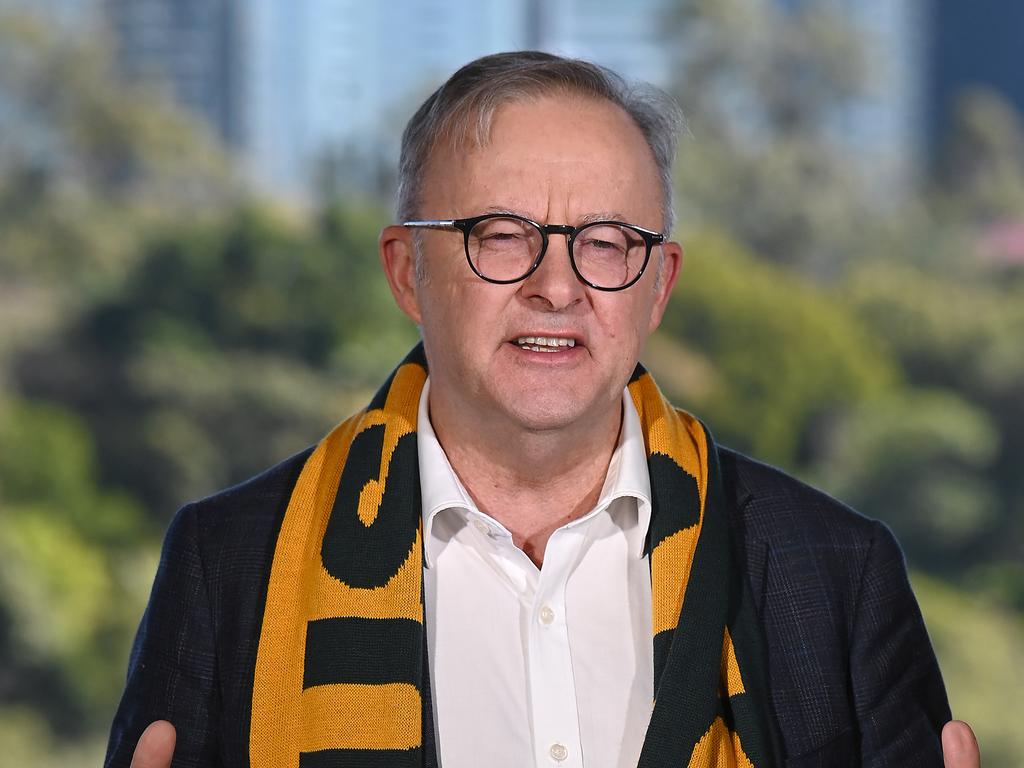
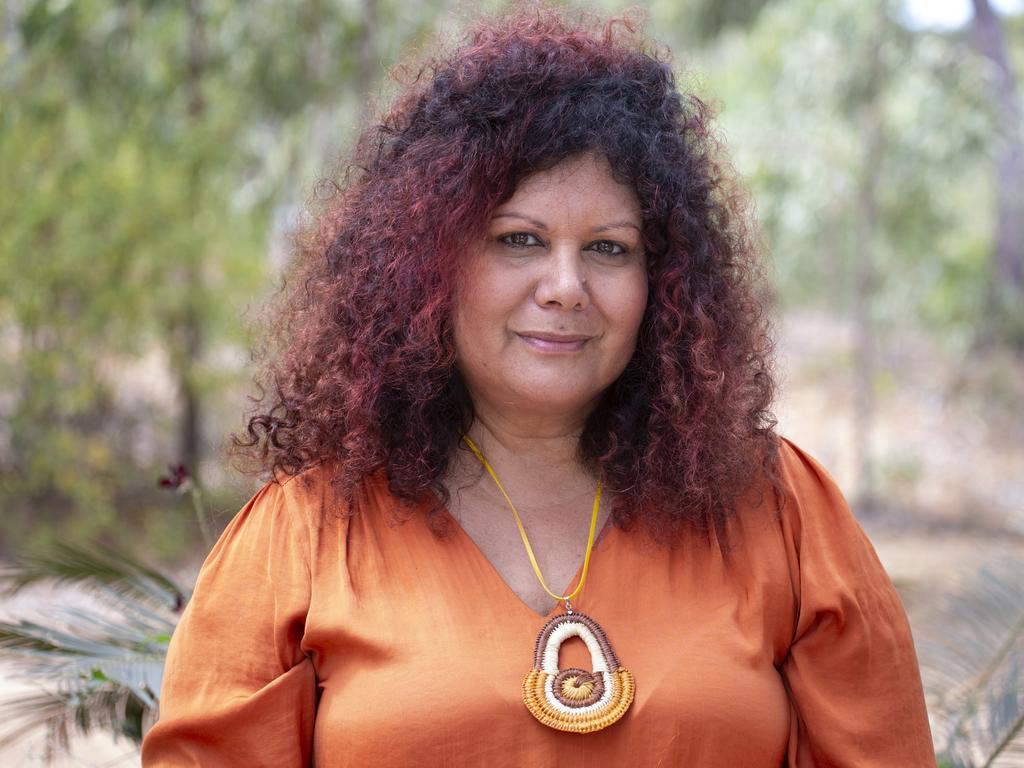
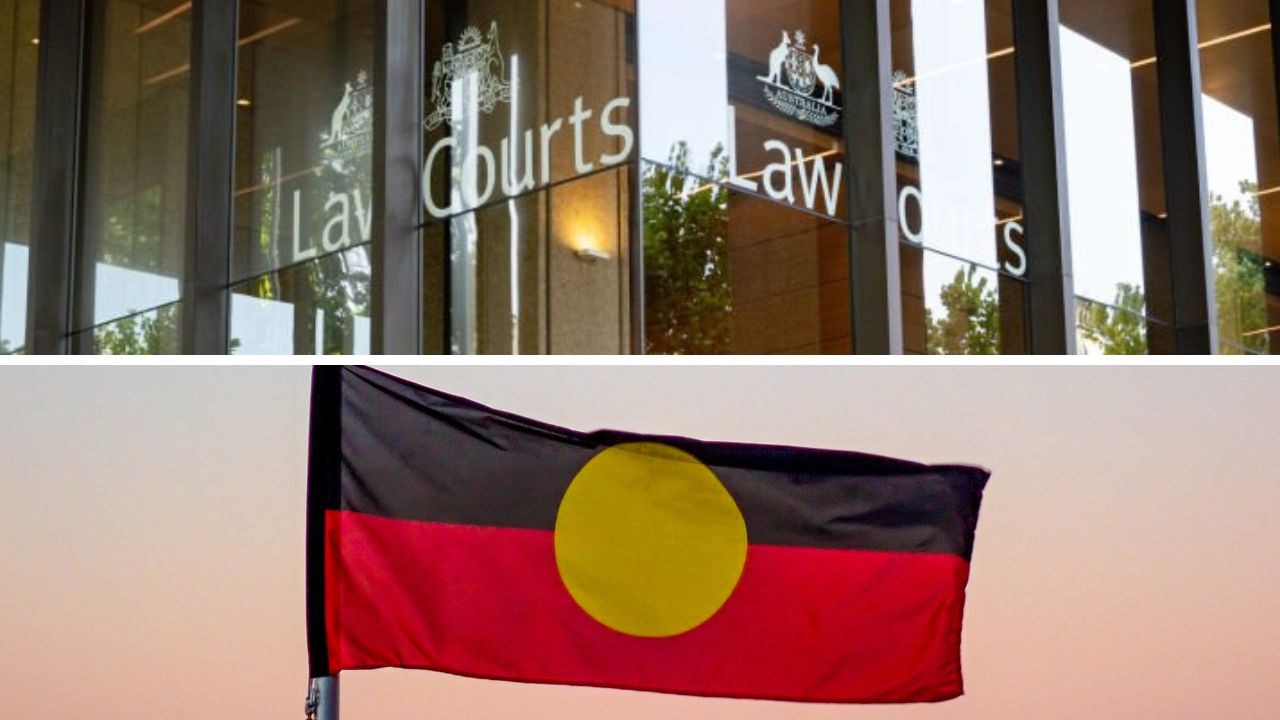
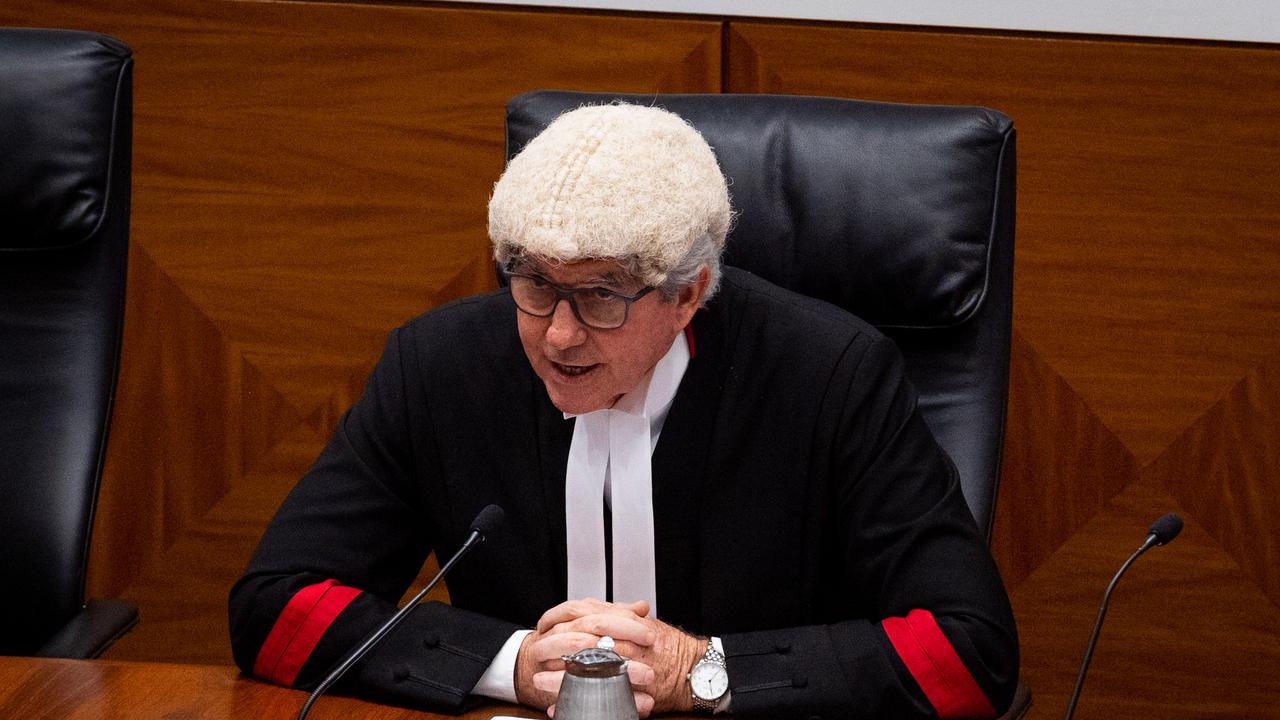
To join the conversation, please log in. Don't have an account? Register
Join the conversation, you are commenting as Logout